Entertainment is a powerful force in the United States, shaping cultural norms, social identities, and even political landscapes. From Hollywood blockbusters to streaming services, and from music to social media, the influence of entertainment permeates various aspects of American life. This blog explores how entertainment impacts culture, identity, and society in the USA.
1. Cultural Reflection and Evolution
Entertainment serves as a mirror reflecting societal values, beliefs, and challenges. Movies, television shows, music, and literature often tackle contemporary issues such as race, gender, and class, allowing audiences to engage with complex topics in accessible ways. For instance, shows like Black Lives Matter and movies like Parasite have sparked conversations about systemic racism and class struggles, pushing these topics into the mainstream dialogue.
Moreover, entertainment can help evolve cultural norms. The portrayal of LGBTQ+ characters in media has significantly progressed, contributing to greater acceptance and understanding of diverse sexual orientations. Iconic shows like Will & Grace and Pose have played pivotal roles in this cultural shift, challenging stereotypes and fostering inclusivity.
2. Identity Formation
Entertainment also influences personal and collective identities. For many, characters in movies and TV shows serve as role models or mirrors for their own experiences. This can be particularly impactful for marginalized communities that have historically been underrepresented in media.
For example, the success of films like Crazy Rich Asians and shows like Ramy not only highlight diverse stories but also empower individuals within these communities to embrace their identities. Representation matters, and seeing oneself reflected in popular media can foster pride and belonging, which is essential for healthy identity formation.
3. The Power of Music
Music has always been a cornerstone of American culture, influencing everything from fashion to social movements. Genres like hip-hop, country, and rock have not only shaped musical landscapes but also provided platforms for commentary on societal issues.
Artists like Kendrick Lamar and Taylor Swift have used their music to address everything from racial injustice to mental health awareness. Music festivals and concerts often serve as spaces for social activism, bringing people together to advocate for change. The rise of social media has further amplified this influence, allowing artists to reach wider audiences and inspire movements from grassroots levels.
4. Political Influence
Entertainment has a notable impact on politics and public opinion. Celebrities often use their platforms to advocate for causes, influencing their fans’ beliefs and behaviors. The 2020 presidential election saw many entertainers mobilizing their followers to vote, with initiatives like “Rock the Vote” and “Vote.org” gaining momentum on social media.
Moreover, satirical shows like Saturday Night Live and The Daily Show shape political discourse by providing commentary on current events. These programs not only entertain but also educate viewers about political issues, encouraging civic engagement and critical thinking.
5. The Rise of Streaming Services and Digital Content
The advent of streaming platforms like Netflix, Hulu, and Disney+ has revolutionized how Americans consume entertainment. This shift has led to greater diversity in content, as smaller creators and independent filmmakers can now reach wider audiences. Streaming services have also changed viewing habits, with binge-watching becoming a cultural phenomenon that influences how stories are told.
Additionally, the rise of user-generated content on platforms like TikTok and YouTube has democratized entertainment, allowing anyone with a smartphone to become a creator. This shift not only challenges traditional media but also reflects the evolving nature of identity and culture in the digital age.
Conclusion
The influence of entertainment in the USA is profound and multifaceted. It shapes cultural norms, influences personal and collective identities, drives social change, and even impacts political landscapes. As society continues to evolve, the role of entertainment will likely expand, presenting both challenges and opportunities for cultural reflection and identity formation. In this dynamic landscape, one thing is clear: entertainment will remain a vital part of the American experience, influencing the nation for years to come.
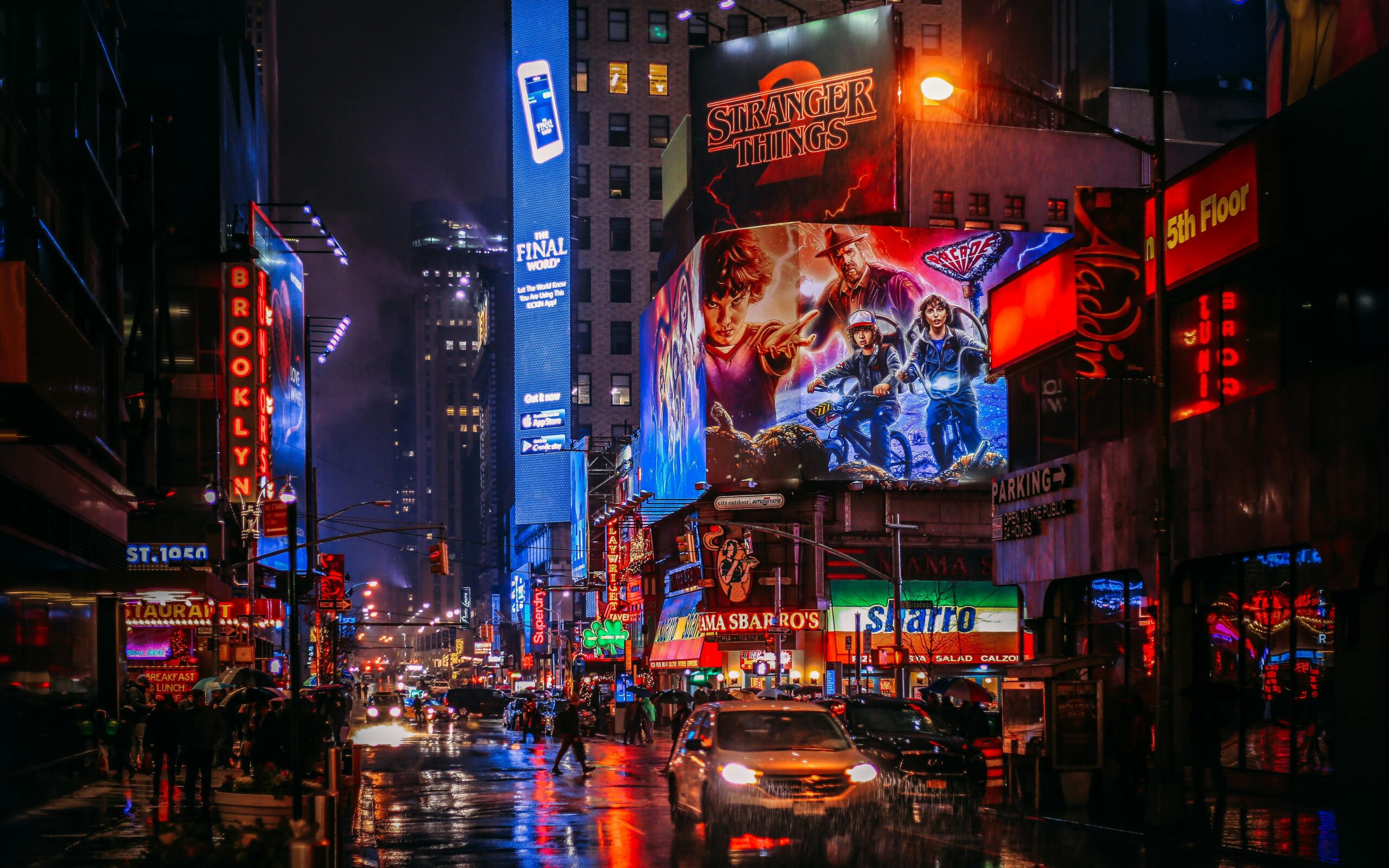
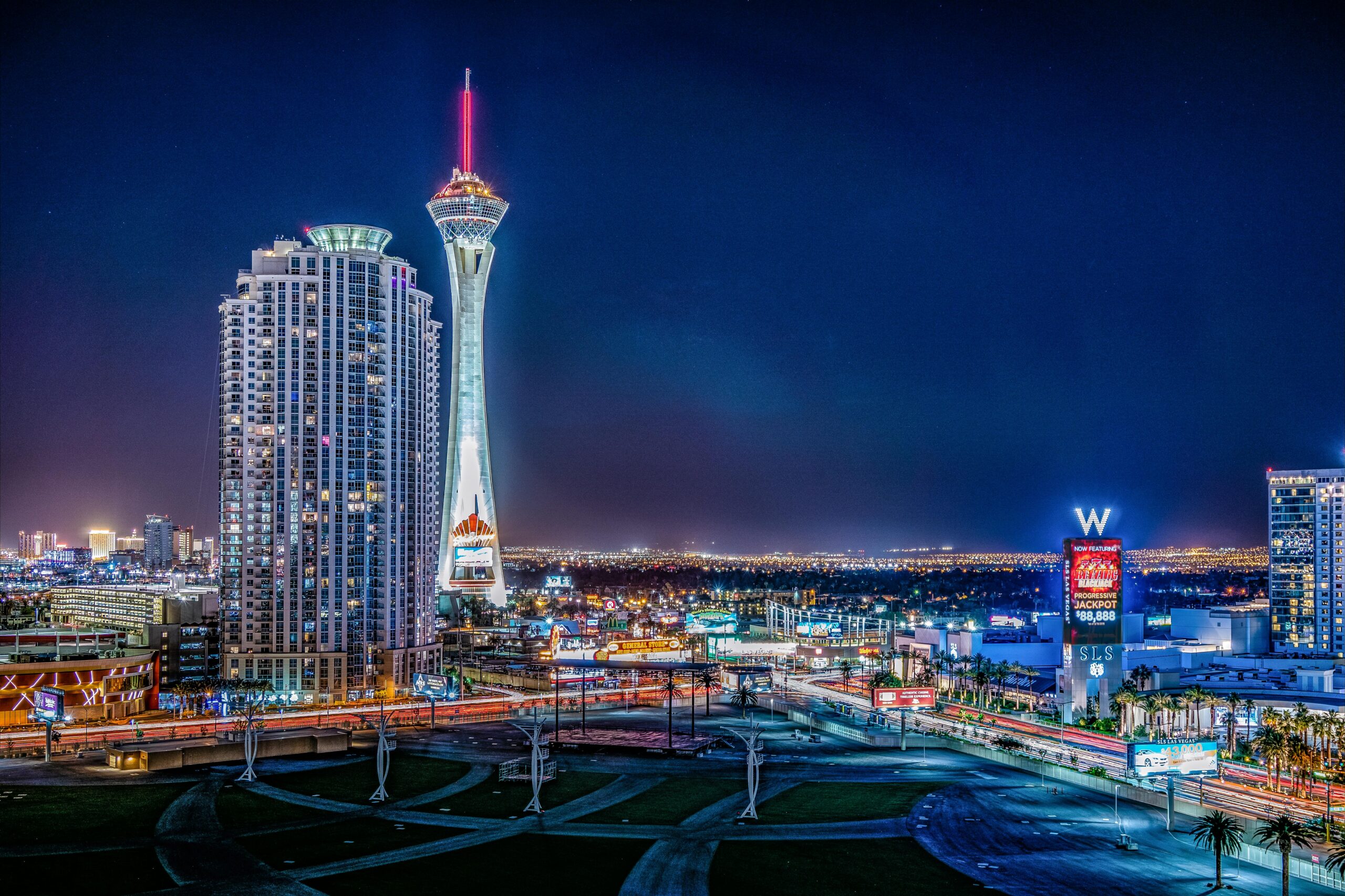
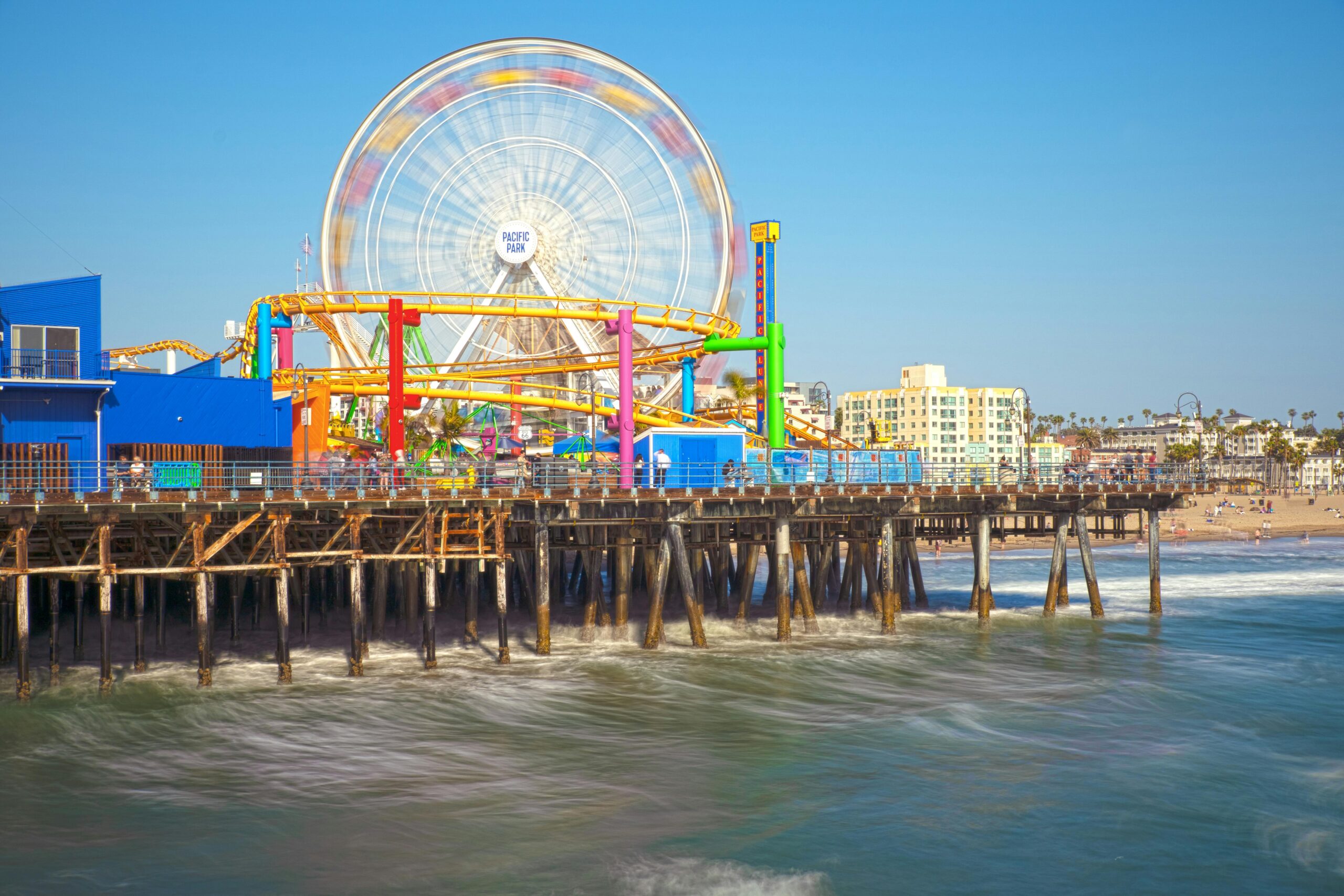
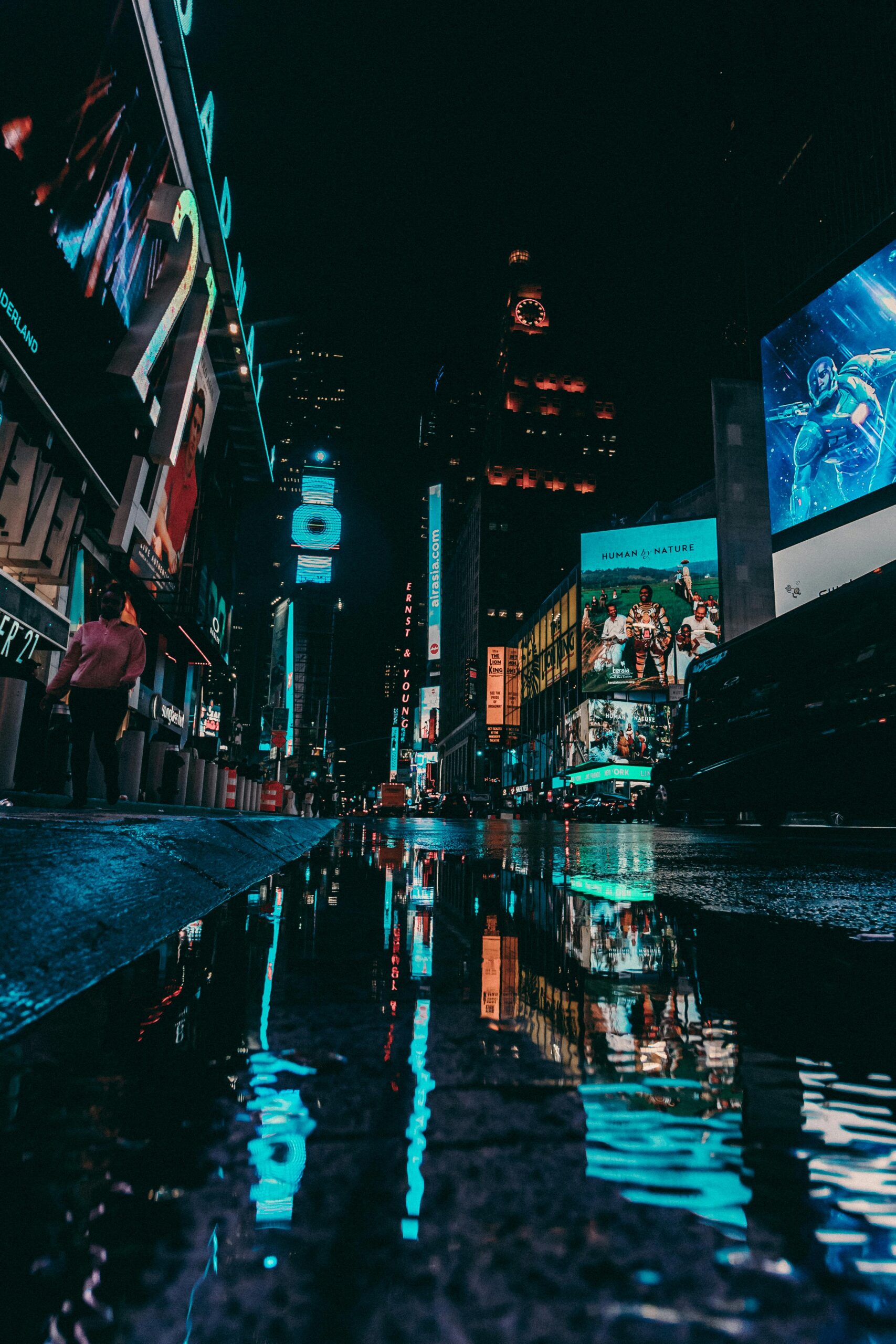
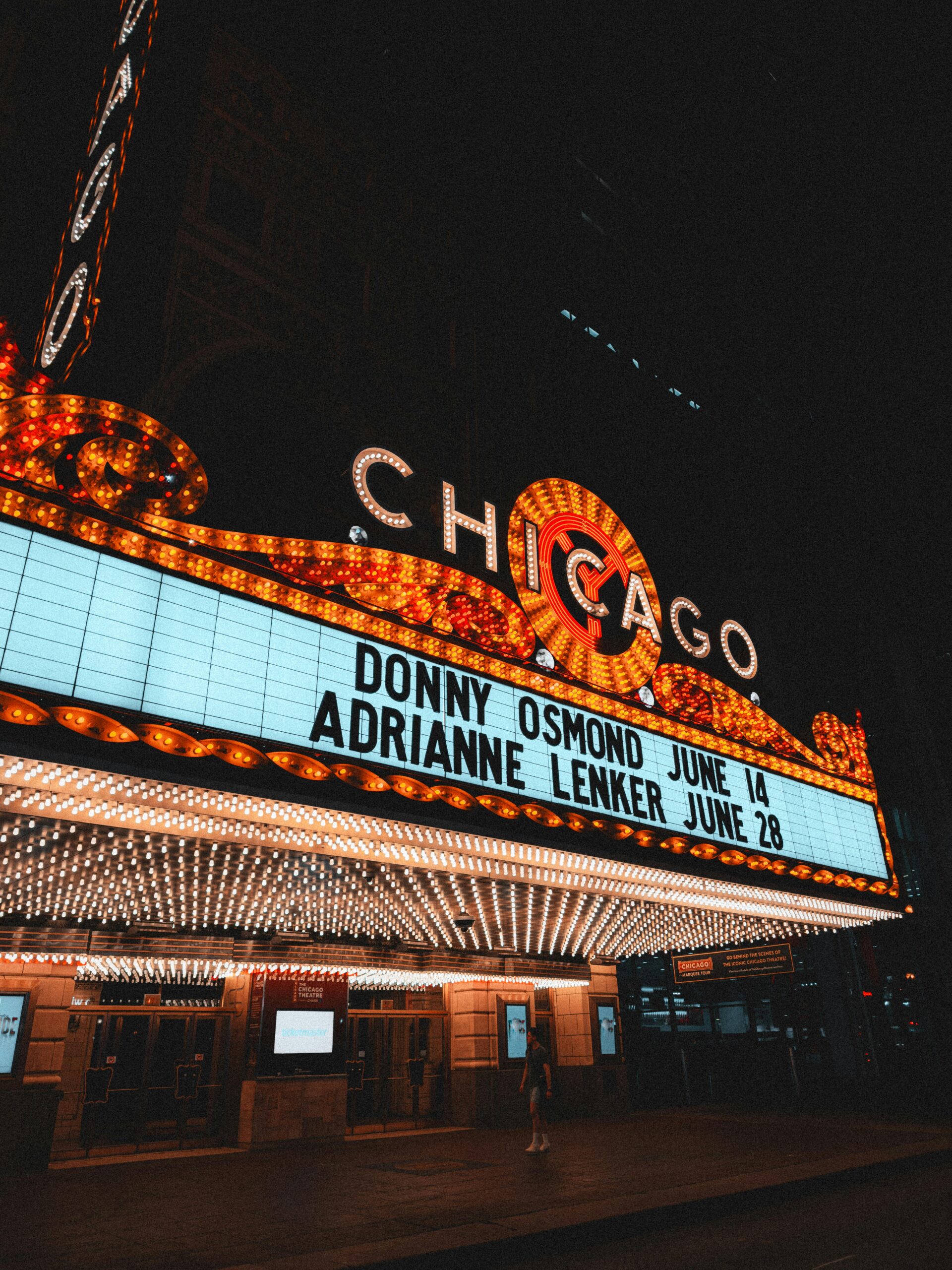
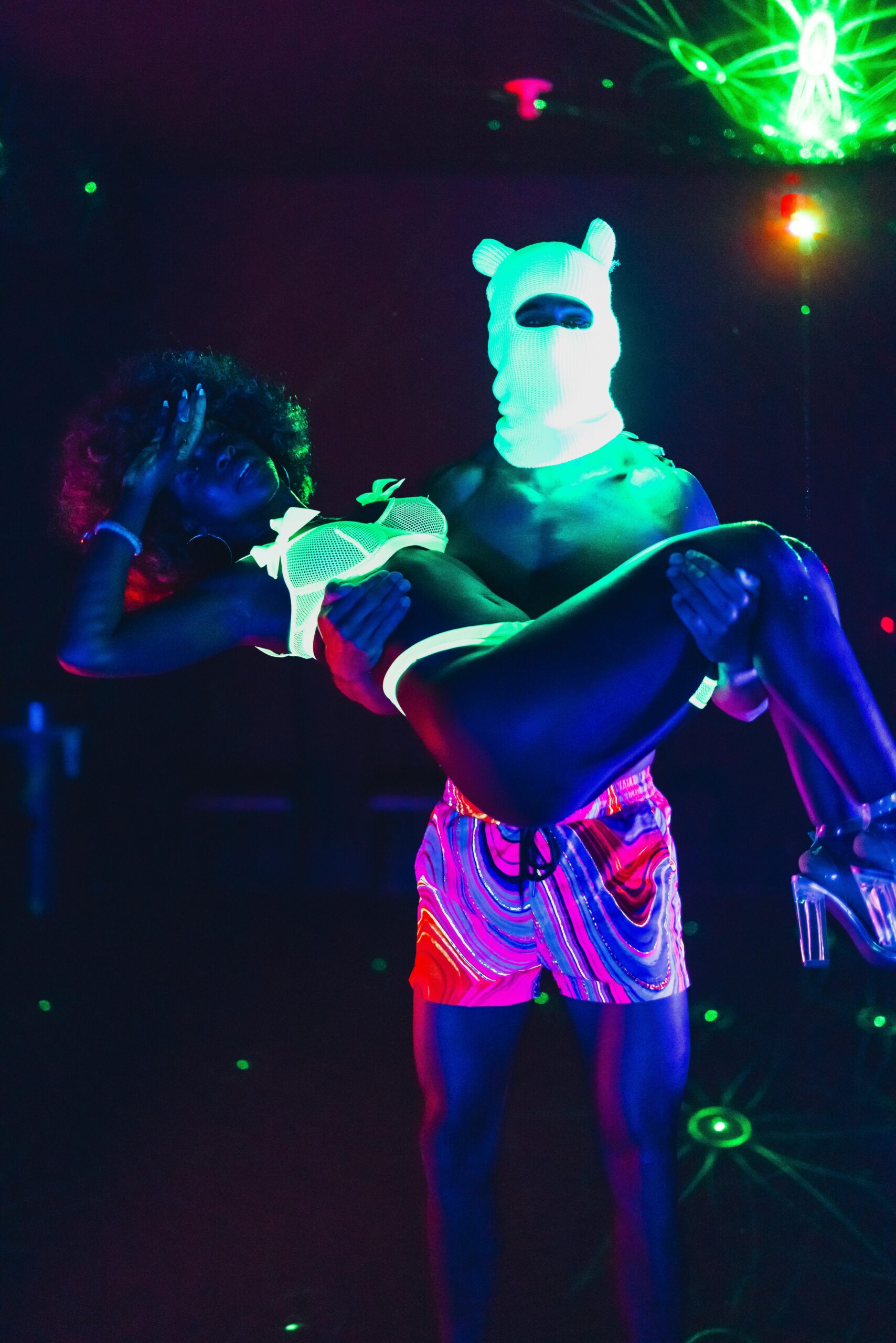


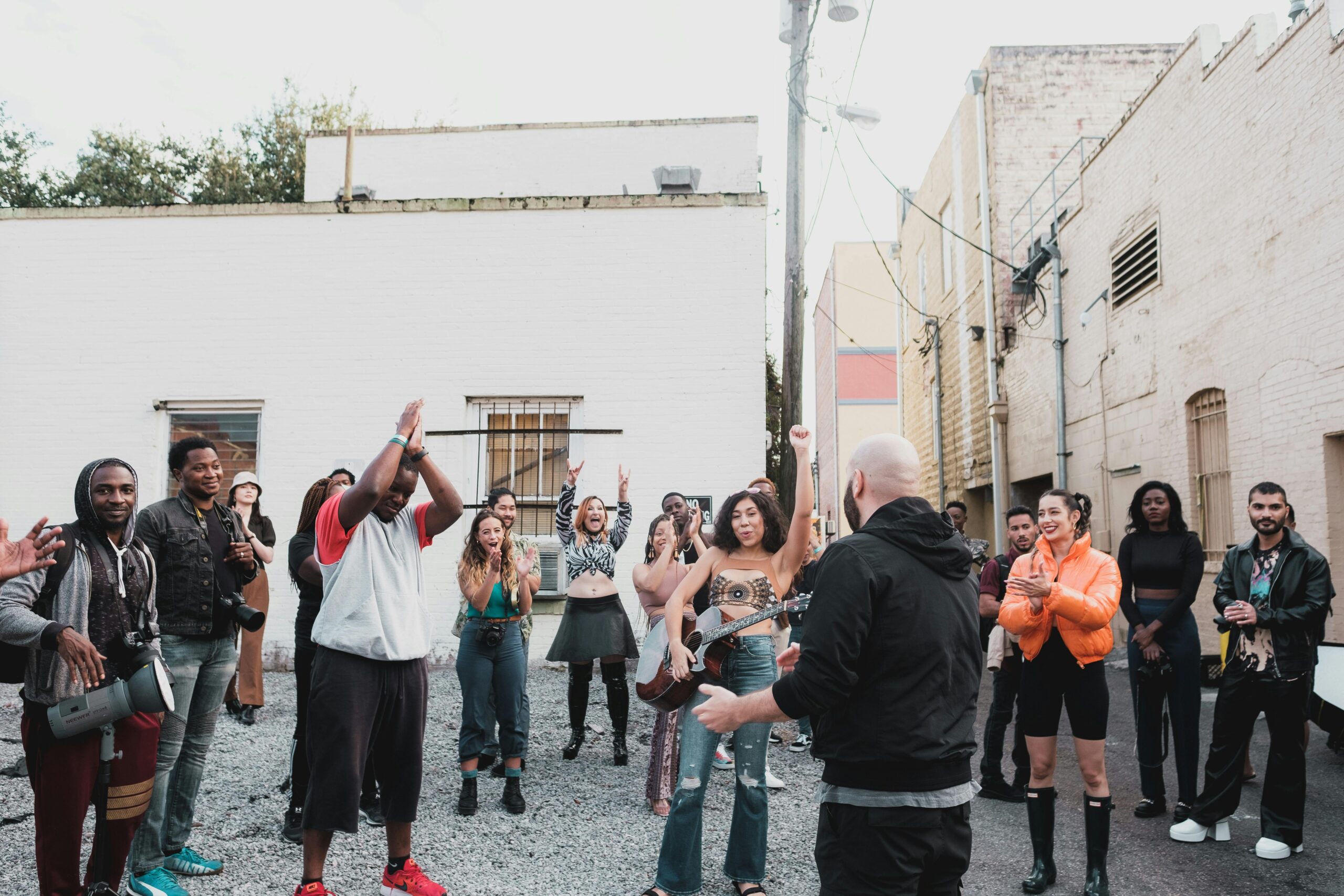
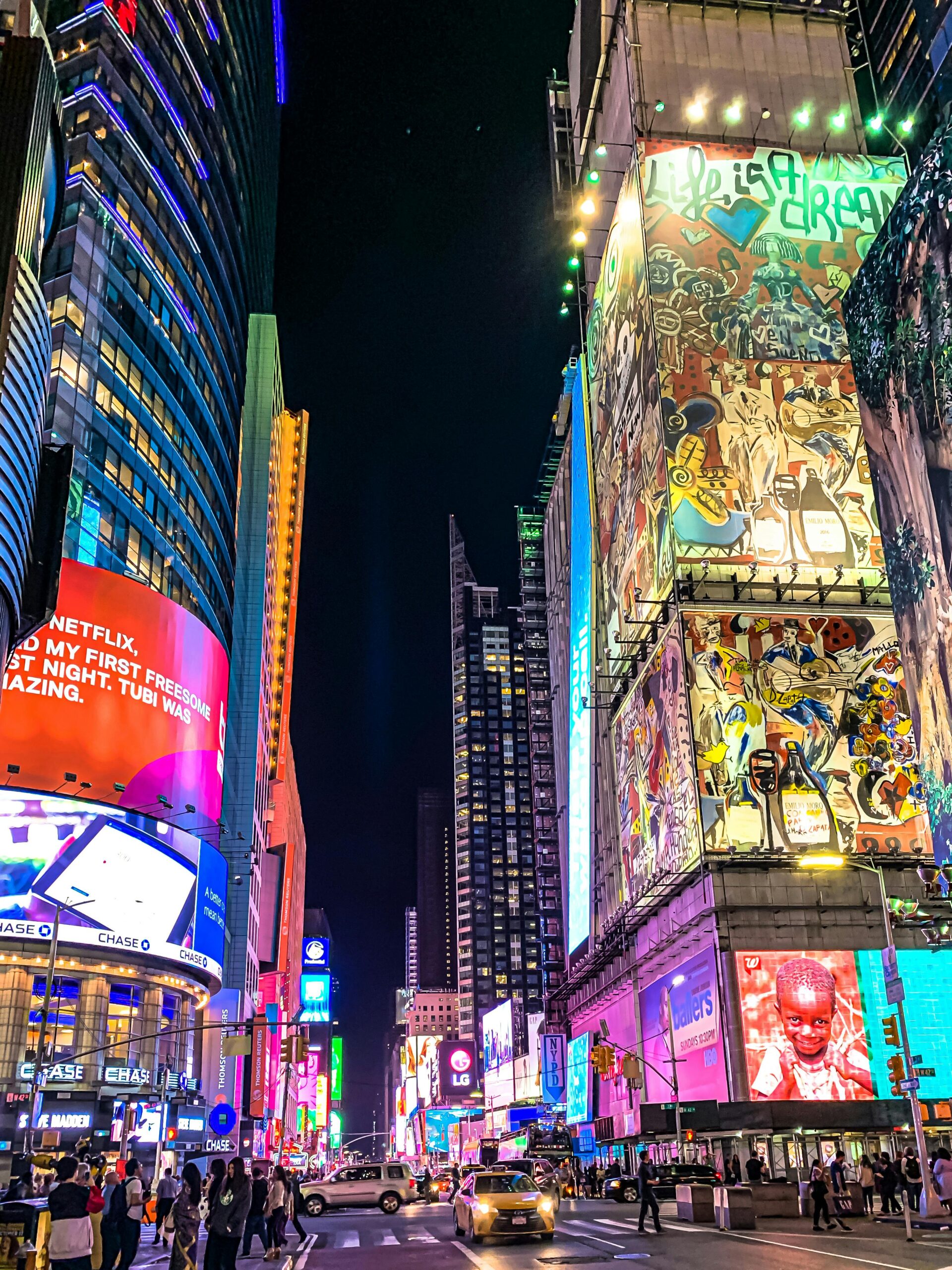
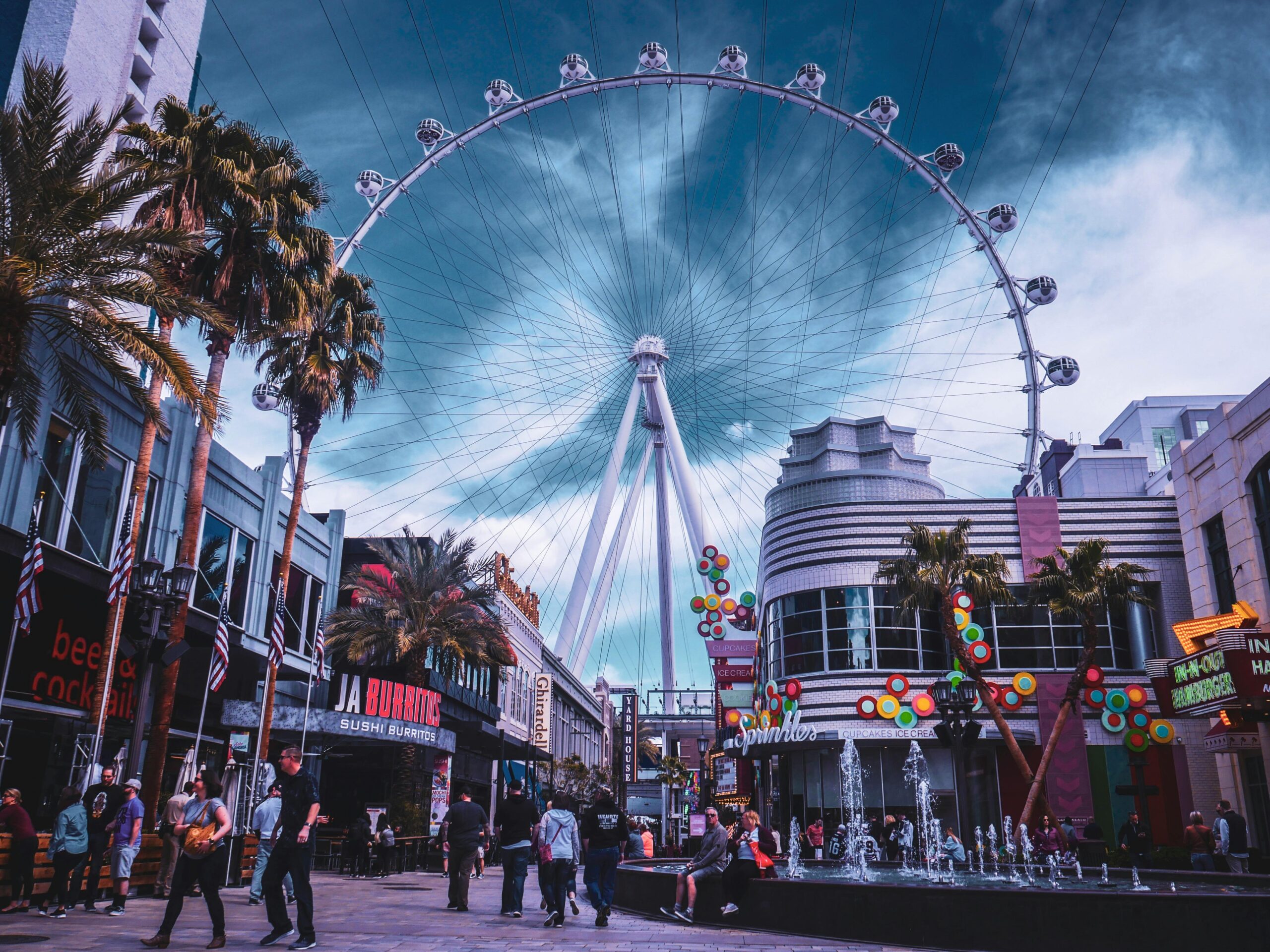




Leave a Reply